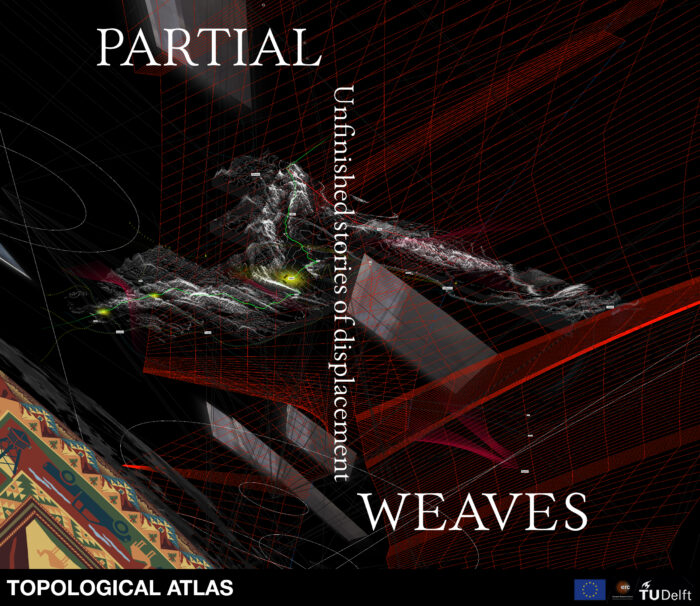Exhibition on view: 11.03.22 – 21.03.22
Visiting hours: 14:00 – 18:00 | (13 March, Sunday 16:00-19:00)
Soft Opening: 11.03.22, Friday, 17:00
Rather than producing a solid base or an accurate plane from which to think spatial relations, we approach the ground as soil made of sedimenting layers that produce an archival surface of stories, relations and power. Along a route of undocumented migration from Pakistan, Afghanistan, Iran towards Europe, stories of displacement merge with those of labour. Paying attention to the communities that coalesce around borders understood in all their complexity does not produce perfect victims for humanitarian redress, but it does reveal the often overlooked relationships between those who must cross borders and those whose precarious labour services and produces everyday aspects of contemporary borders; from the petty official who checks IDs ‘at random’ to the smuggler who can help you pass through a checkpoint somewhere near the Pakistan-Iran border, to the young boy who will make you chai along the way.
Topological Atlas investigates the relationship between technologies of border security, systems of documentation, border landscapes and the experience of crossing borders without papers. It approaches migration as a system of circulation where deportation regimes, precarious lives and militarised borders keep people moving. We combine field research with digital methods to challenge the evidentiary urge in social research by exploring ideas around affective witnessing, incalculability and opacity.
The exhibition is based on four years of research on undocumented migration at various locations across the Pakistan-Iran and Iran-Turkey borders, as well as in the megacities of Karachi, Pakistan and Istanbul, Turkey. The research has been carried out as part of an ongoing research project, Topological Atlas: Mapping contemporary borderscapes (www.topologicalatlas.net).
Nishat Awan, Yelta Köm, Zahra Hussain
Haider Butt, Ahmed Jan, Sameer Mandhro, Fatiha Hamid, Maciej Moszant, Syed Kamran Rizvi, Hazel Ryan, Lena Saraj
With special thanks to all those who trusted us with their stories.
This project has received funding from the European Research Council (ERC) under the Horizon 2020 research and innovation programme (Grant agreement no. 758529).

